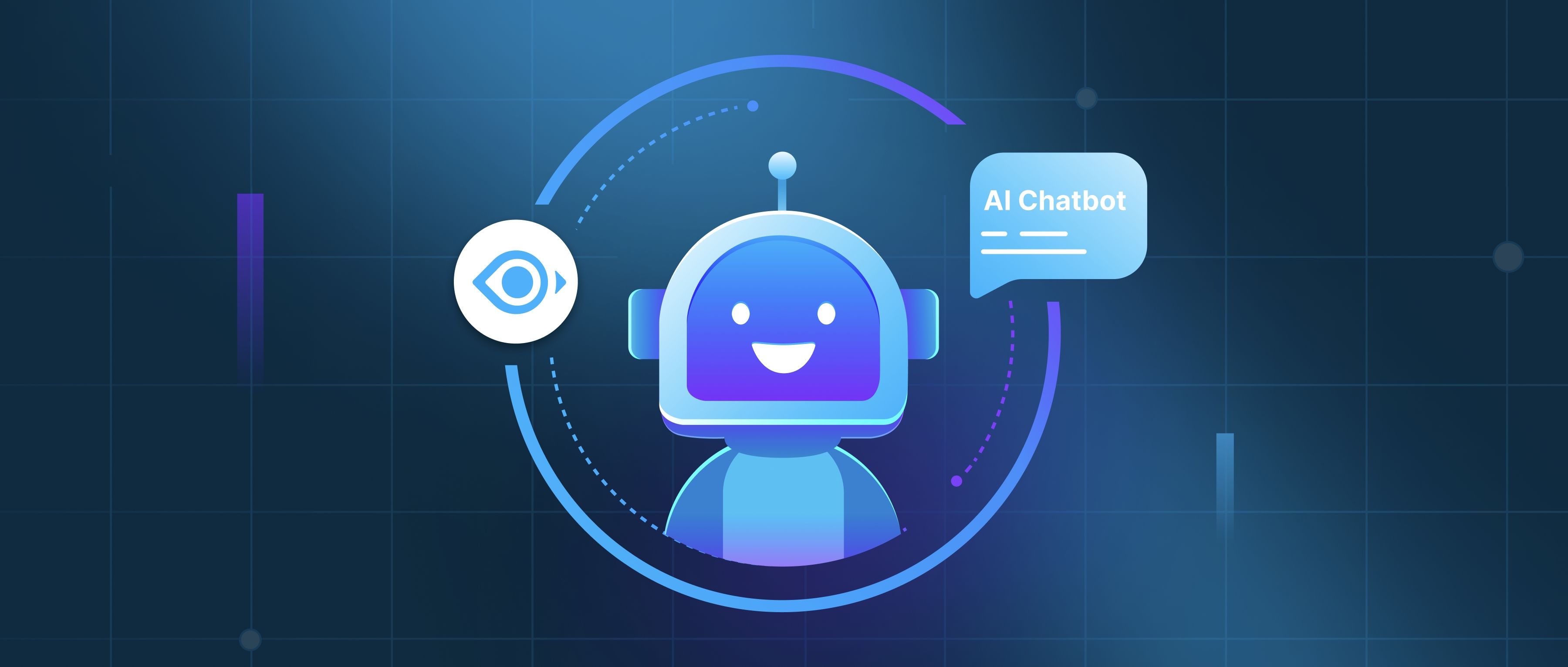Yes, LangChain can integrate with existing machine learning (ML) models and frameworks. LangChain is designed to work seamlessly with various tools and libraries to enhance the capabilities of natural language processing (NLP) applications. As a framework, it provides a flexible structure that allows developers to incorporate their own models, whether they are built from scratch or based on popular libraries like TensorFlow or PyTorch.
One of the key features of LangChain is its ability to wrap existing models easily. For instance, if you have a pre-trained transformer model from Hugging Face’s Transformers library, you can easily set it up as a component in a LangChain application. This integration enables developers to leverage the advanced capabilities of their existing models while taking advantage of LangChain's features, such as chaining together multiple models or utilizing its data handling functionalities. For example, you might combine a language generation model with a retrieval model to create a more responsive chatbot.
Moreover, LangChain supports various types of integrations, such as APIs, databases, and even custom evaluation frameworks. This means you can connect your application to existing services or data sources, making it easier to incorporate real-time data or outputs from other ML systems. With these integration capabilities, developers can build sophisticated applications that utilize their trusted models while enhancing them with additional features provided by LangChain, thus streamlining the development process.
